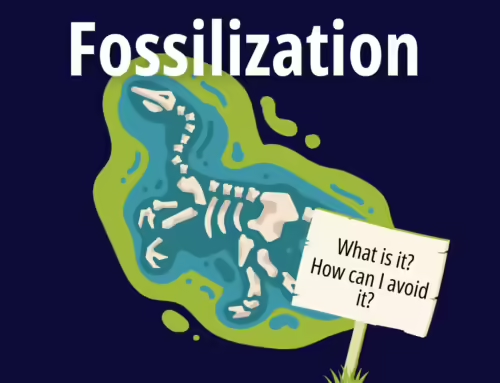When is the last time you have used the word ubiquitous in your speech? If you’re like me, you never have.
Before I picked up the book, Sapiens by Yuval Noah Harari, I had never noticed anyone use the word ubiquitous; yet its meaning is so simple; “present, appearing or found everywhere.” It’s not overly complex, but only after hearing my audiobook narrator say this word multiple times, did I begin to grasp its meaning; a word in my own language, surrounded by other words I fully understood.
As the director of a language program designed to help people learn spoken Arabic, I often notice when vocabulary in my own first language remains unfamiliar to me. I asked myself if I could begin to utilize this adjective in my own speech. After all, I am a native speaker. Even after multiple exposures, I still remain less than confident that I could use it correctly in everyday speech. The million dollar question is, “Do I need to?”
So far, I’ve gotten by for 40 years of my life unaware that this word existed and communicating at a fairly functional level. Sure, if I’m going to hang out with Yuval Noah Harari or read more of his books, it behooves me to at least be familiar enough with the world to more clearly understand his rhetoric. However, should I pressure myself to memorize and master this adjective? Will it help me in my relationships to adopt this word into my vocabulary? How much energy will that take? What do you think?
So often I see language learners pressure and guilt themselves into mastering new words after a single exposure within 24 hours or hearing it for the first time. Psychologically, I’ve seen this approach have a detrimental effect on the language acquisition process. When we give low-frequency vocabulary words the same weight that we attribute to everyday speech, especially early on in the learning progress, are we not expecting more of ourselves in a second language than we are of ourselves in our first?





